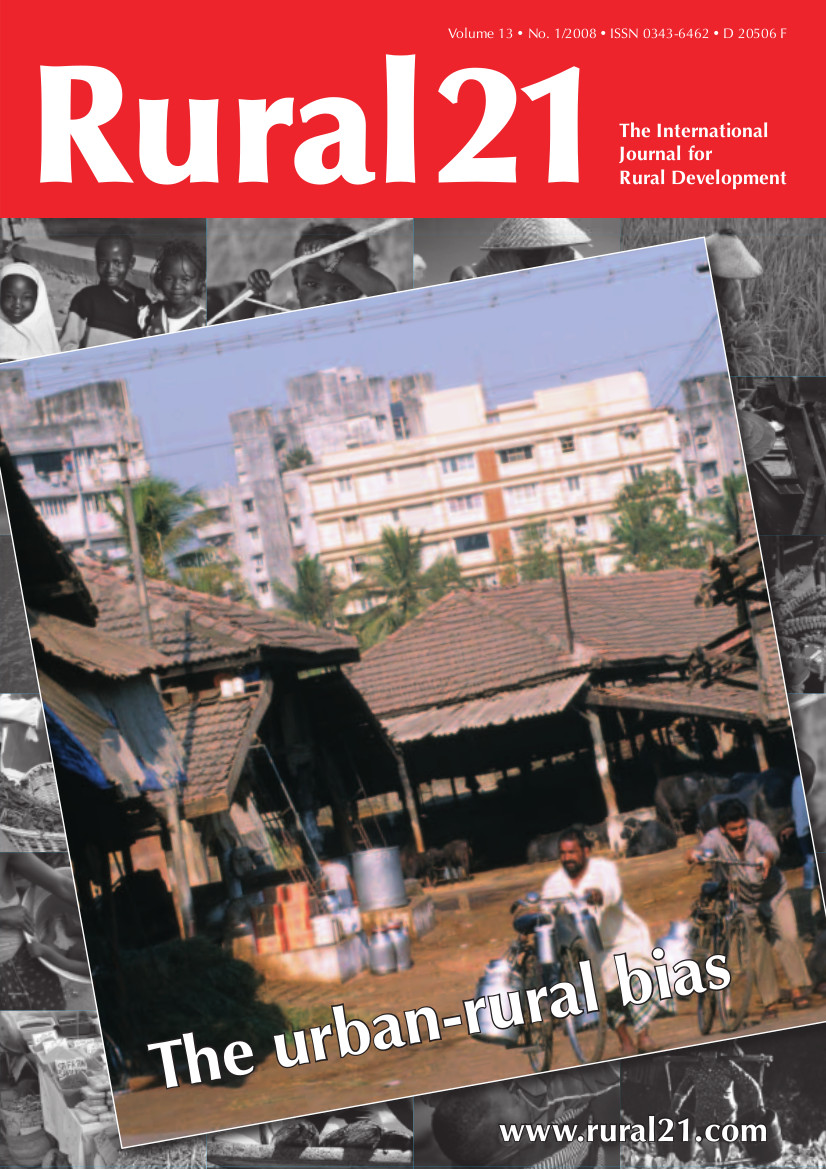Woodfuels in Kenya and Rwanda: powering and driving the economy of the rural areas
The number of woodfuel consumers in Africa is projected to increase from around 2.5 billion in 2004 to 2.7 billion by 2030, with sub-Saharan Africa accounting for the highest increase. Rwanda and Kenya are two good examples of countries in which woodfuel plays a key role in energy provision, poverty alleviation and economic development.






